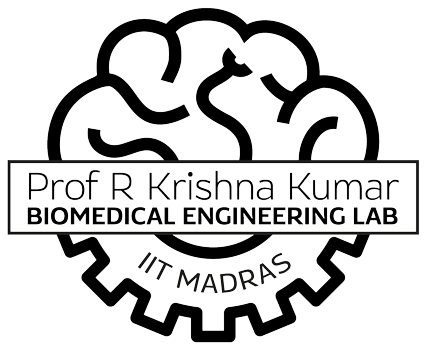Can we close a Child’s Chest After LVAD Implant?
Paediatric Heart Simulation
An Egyptian child underwent a life saving surgery at Chennai’s MGM hospital using a virtual reality model developed by our Researchers to implant a heart pump, after he was turned down by several hospitals in the US and Europe. It was a first of its kind implant surgery successfully performed in India, while similar procedures have only been performed twice in the US.
The boy was suffering from Restrictive Cardiomyopathy, a life-threatening condition, coupled with severe Pulmonary Hypertension (very high pressure in lungs) with recurrent heart failure admissions for the preceding year.
The reason he was turned down by several hospitals was due to the fact that very high lung pressure meant that a heart transplant was ruled out, and there are no commercially available long term implantable heart pumps or Left Ventricular Assist Devices for a child of this size. The only option was to consider whether a battery operated mechanical pump could be implanted to help the left chamber of the heart to pump blood to the rest of the body.
However, there were two major impediments. Existing pumps are built for adults leaving little room for being fitted into the small chest cavity of a child. The size of the heart chamber, the left ventricle was also a major concern, as it was heavily muscle bound, full of excess, useless muscle with very small cavity size. There was no way of knowing if the pump could be fitted inside the heart or it would stick out being too big.
That’s where our Lab came in, building a virtual reality model from CT Scans of the child, so that a virtual implant could be carried out to ensure that the implant was possible. Wearing 3D headsets, the surgeon implanted the pump virtually in various positions on the 3D model first to ensure that the procedure was possible. Armed with the confidence of this knowledge, the actual implant was carried out and it tuned out to be a great success. Read more here.
Our Surgical Collaborator Dr. KR. Balakrishnan Presenting the Case at a Virtual Medical Conference in May 2020
